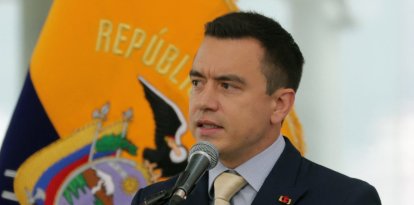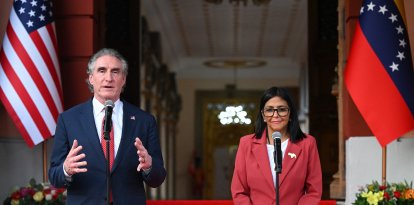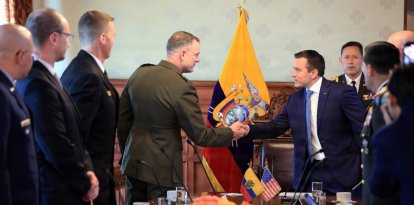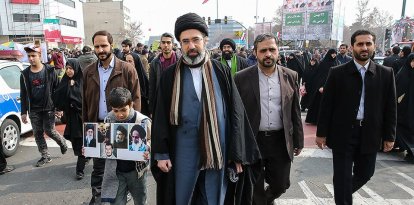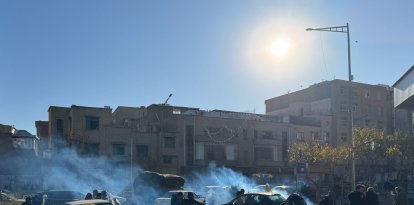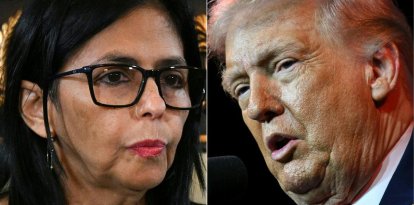Cuba suspends all 'non-essential' teaching and work activities to save energy
The country has been plunged into an energy crisis for months. "Cuba is a failed state," said the organization Cuba en Transición in response to the cancellations.

File image of Havana
Cuban Minister of Labor and Social Security Marta Elena Feito Cabrera announced the suspension of "non-essential teaching and labor activities" due to the energy crisis that has plagued the island for months.
The cancellation of activities will be maintained on Feb. 14 and 15. "As usual in these cases, basic services to the population will be maintained," Cabrera added.
The announcement comes a day after Havana dawned in darkness. The same happened in large areas of the country, according to authorities due to failures in thermoelectric power plants and lack of fuel. State-owned energy company Unión Eléctrica said that five of its eight thermoelectric plants are suffering failures or are undergoing maintenance.
The island is facing an energy crisis that in the last quarter of the year subjected its more than 10 million inhabitants to three generalized blackouts, two of which lasted for several days.
Independent media outlet CubaNet shared a video where the Cuban capital is seen in continued darkness this Friday morning:
"Cuba is a failed state. They are not able to offer neither light, nor food, nor education, nor health for Cubans," the NGO Cuba en Transición commented regarding the latest blackouts. "What they do not fail in, however, is the maintenance of internal repression and to the support to criminals halfway around the planet."
"People are starving, blackouts last 20 hours a day, hospitals are infested with rats," dissident Rosa María Payá described the situation, and continued: "And President Miguel Díaz-Canel is dedicated to flying drones over the family home of [fellow opposition leader] José Daniel Ferrer. Inept and criminal.














